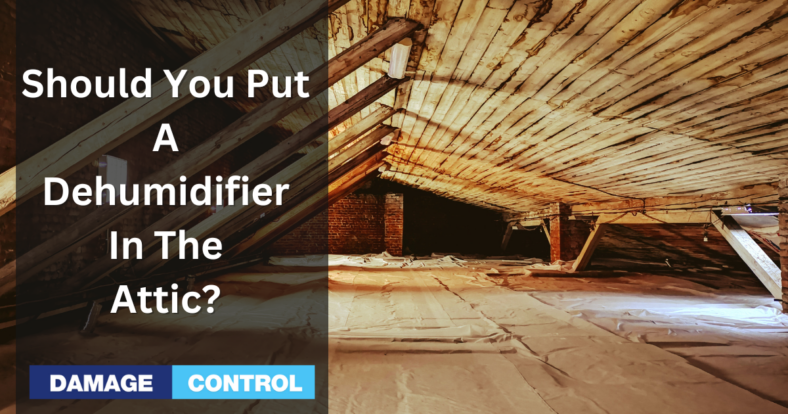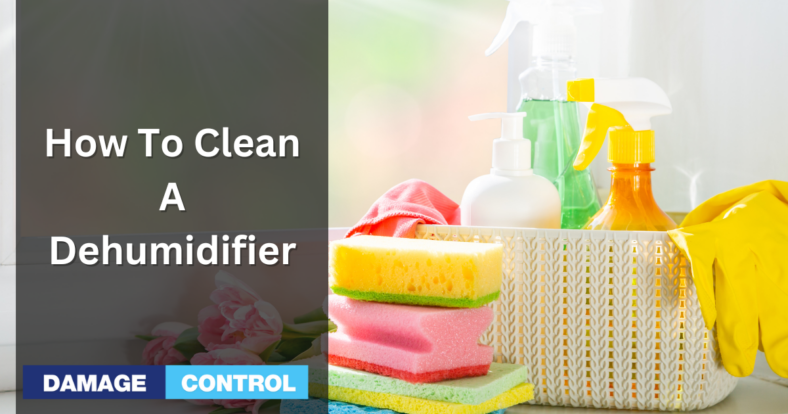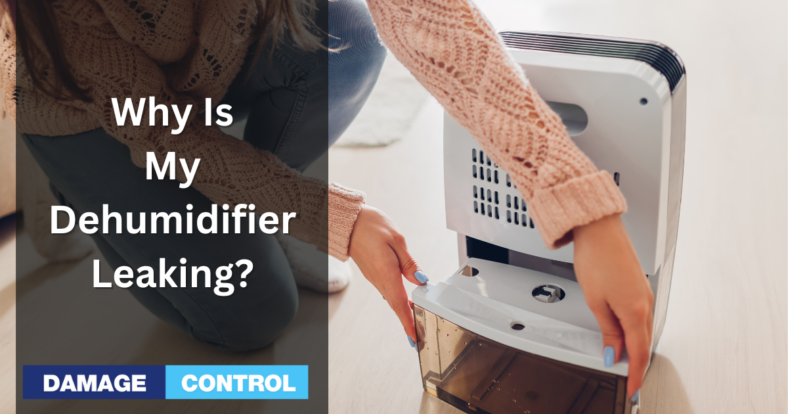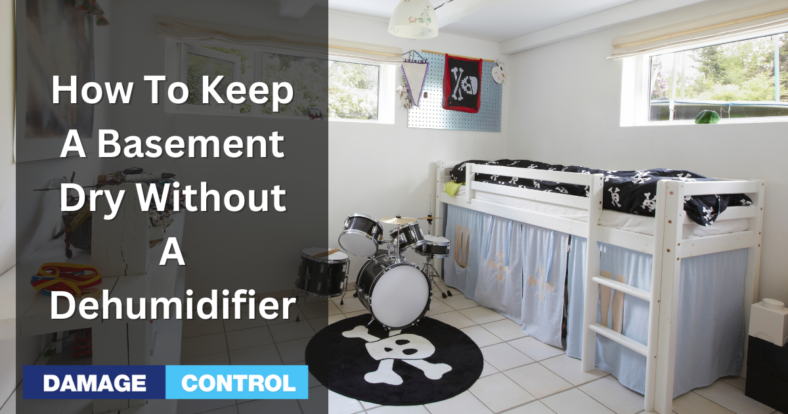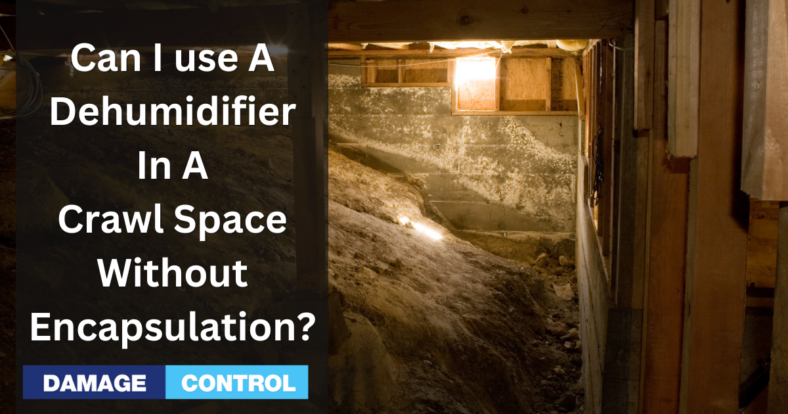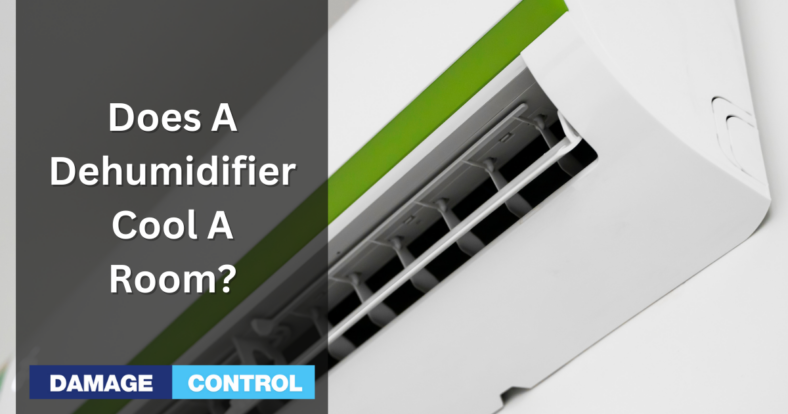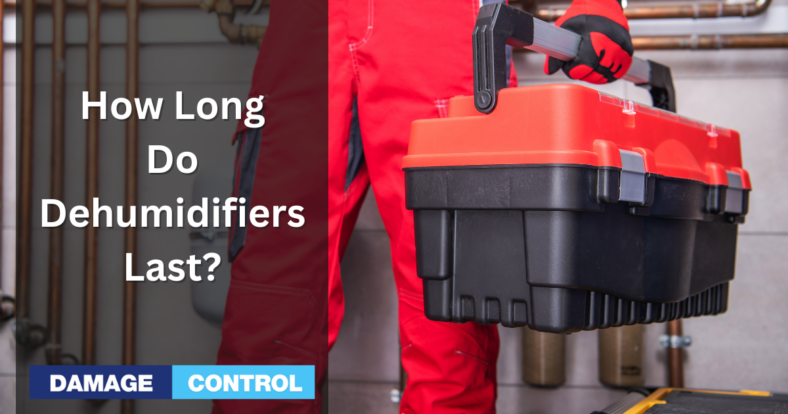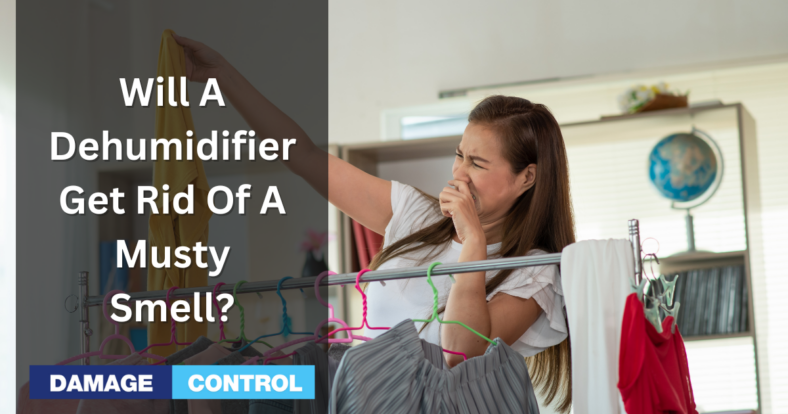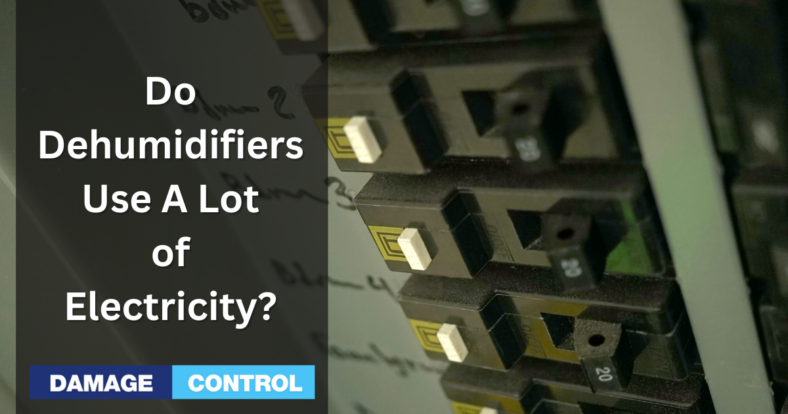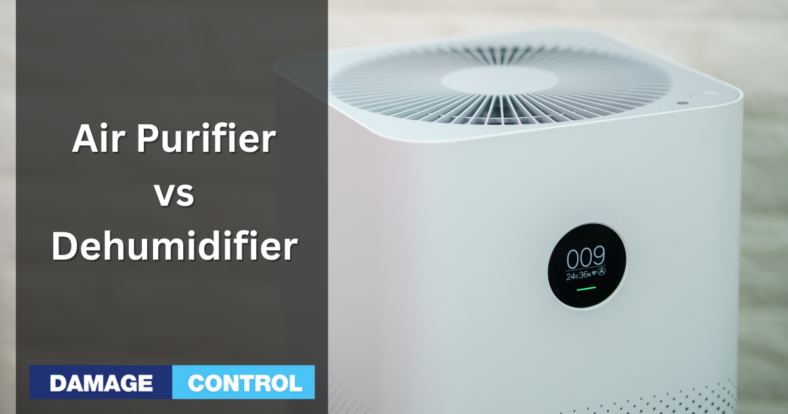Unsure about the best approach to maintaining a healthy attic environment? Our article guides you through the considerations and benefits of using a dehumidifier in this unique space.
We cover practical aspects such as choosing the right dehumidifier, installation tips, and the overall impact on your home's air quality and comfort. If you're contemplating a dehumidifier for your attic, this read is an essential step to making an informed decision.

